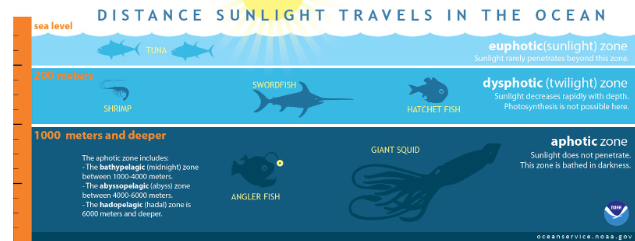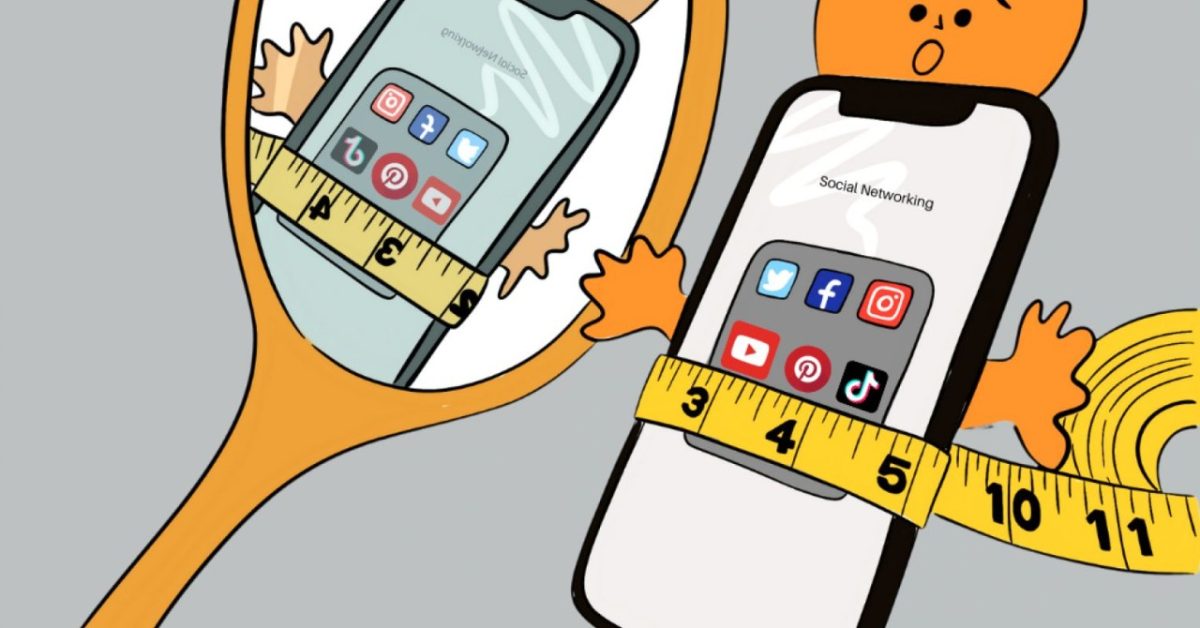What is media literacy? The media we consume, as well as our interpretation of it, heavily affects our lives. Media literacy refers to understanding and analyzing a piece of media (books, movies, video games, etc.) regardless of whether we’re aware of it. What happens when our media literacy is so low that our favorite movie is a caricature of our ideals?
Beware upcoming spoilers for “American Psycho”, “Fight Club”, and “500 Days of Summer”.
“American Psycho” is a 2000 black comedy movie directed by Mary Harron based on the 1991 satire book of the same name– the key word here is satire. The film follows Patrick Bateman (Christian Bale), a wealthy banker who concerns his time with business card designs, pop bands, and expressing his anger through violent acts of murder and torture. Throughout the movie, the story criticizes characters for valuing things extrinsically; in its postmodern setting, “American Psycho” scrutinizes the vicious nature of capitalism and the callous conspiracies against “friends” that it nurtures.

Although the movie was relatively controversial upon its theatrical release, it’s seen a resurgence in cult following in the 2020s due to the popularization of internet slang and pseudoscientific terminology of “sigma male” and incel culture. Despite having been appropriated into satirical Gen Z slang, “sigma male” is a term used to describe incel culture surrounding the glorification of self-isolation and the idealization of violent male characters. “American Psycho” has found a place in the hearts of the very groups it attempts to ridicule.
The main character of “Fight Club”, portrayed by Edward Norton, has no mentioned name. He works as an automobile recall specialist, allowing him a more materialistic lifestyle. With financial stability and social freedom, he is living the American dream. However, the Narrator is also an insomniac and finds his life very dissatisfying. He is depressed and, instead of subscribing to a healthy coping mechanism, substitutes therapy with support groups for illnesses he does not have. On a business flight, Norton’s character encounters Tyler Durden (Brad Pitt), a soap salesman. Tyler criticizes the American dream, saying “The things you own, they end up owning you.” Soon after, the Narrator’s apartment is destroyed in a mysterious, boisterous explosion. He then moves in with Tyler, commencing the titular fight club underneath a local bar. The club eventually morphs into Project Mayhem– a group of vandals attempting to disrupt society’s status quo. Nevertheless, the Narrator decides that the club must cease when their member Bob (Robert “Meat Loaf” Paulsen) is shot and killed by a police officer during one of their exploits. Upon his attempted dismantlement, the Narrator discovers that it’s a nationwide association and all of its members are calling him Tyler; he then discovers that he is Tyler in a legerdemain mix of multiple personalities and insomnia-induced hallucinations.

“Fight Club” is an allegory for American consumerism, materialism, and capitalism; and how it destroys you. The Narrator finds no relevant joy or spiritual completeness in purchasing “clever coffee tables” or any IKEA merchandise to fill his apartment. His life is dreary because of his business and personal life’s emphasis on order– but chaos isn’t the answer either. His endeavor with chaos sees pain and loss. Where he truly finds happiness is in his interactions with his fellow members of the fight club, smiling and laughing together. A victim of the avarice taught to us by advertisements and consumerism, the Narrator lacks this interpersonal meaning or methods of making connections. Instead, many interpret the story as a celebration of masculinity and violence. This Quora user shared their experience with the common misinterpretation of the film, saying “The movie is a complex and challenging work, and it is open to interpretation. However, some people have misinterpreted the movie’s message as an endorsement of violence, toxic masculinity, and anarchism.” English teacher Mrs. Cairns also said “I wrote about ‘Fight Club’ in college and came to recognize it as a reflection of the human experience. Humans are complex, constantly struggling with different emotions and different reactions to events in our lives, and we are all challenged by our vices. Tyler Durden respects those vices and what happens when we allow them to take over our existence– we lose ourselves, our identity, all the pieces that make us good people.”
“500 Days of Summer” showcases the 500-day-long relationship between Tom Hansen (Joseph Gordon-Levitt) and Summer Finn (Zoey Deschanel) via a non-linear plot. Meeting in the workplace, Tom and Summer engage in a casual, primarily sexual relationship– with an emphasis on the “casual” nature of it stressed by the latter. Despite this, Tom ensures himself throughout the movie that their relationship is a much more serious one. Ironically, the narrator of the movie says Tom’s intentions stemmed from the misunderstanding of a film, “The Graduate”. After their 500 days, Tom and Summer part. The end of their relationship was marked by Summer’s discontent with their frequent arguments and lack of passion.

“500 Days of Summer” is a subversion of the romantic comedy/drama genre. Tom, our hopeless romantic, expects his relationship to play out like his interpretation of romantic comedies; he intends to “get the girl” regardless of her motives for the relationship because his side of the relationship is all he considers. Not only this, but “500 Days of Summer” also subverts the Manic Pixie Dream Girl trope. This describes any fictional relationship in which a zany and strong-willed (yet conventionally attractive and just socially aware enough) girl begins a romantic relationship with an Everyman and essentially changes his life for the better. However, this trope tends to focus, again, on the man’s perspective– resulting in the woman being treated as a borderline inhumanly perfect vessel for the man’s paradigm shift.
Works Cited:
Media literacy: medialiteracynow.org access date: 3/24, update: 1/24
American Psyco: wikipedia.org access date: 3/24, update: 3/24; wikipedia.org access date: 3/24, update: 3/24
Fight Club: lcyvhayauthor.com access date: 3/24, update: 1/24; wikipedia.org access date: 3/24, update: 3/24; imsdb.com access date: 3/24, update: 2/98; quora.com access date: 3/24, update 3/24
500 Days of Summer: wikipedia.org access 3/24, update: 3/24; imsdb.com access date: 3/24, update: 8/09; tvtropes.org access date: 3/24, update: 3/24






































